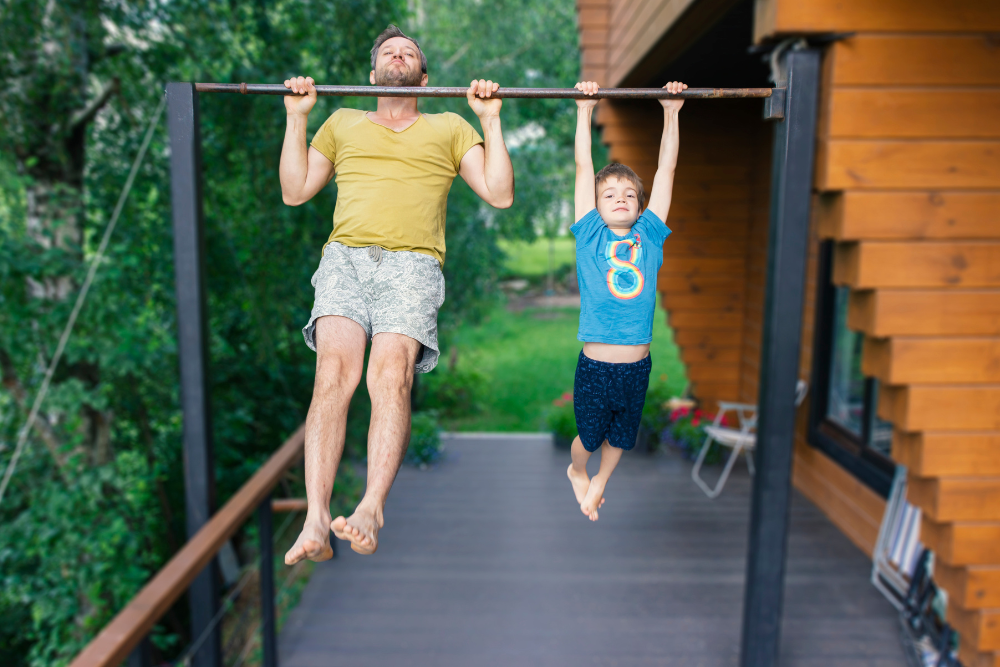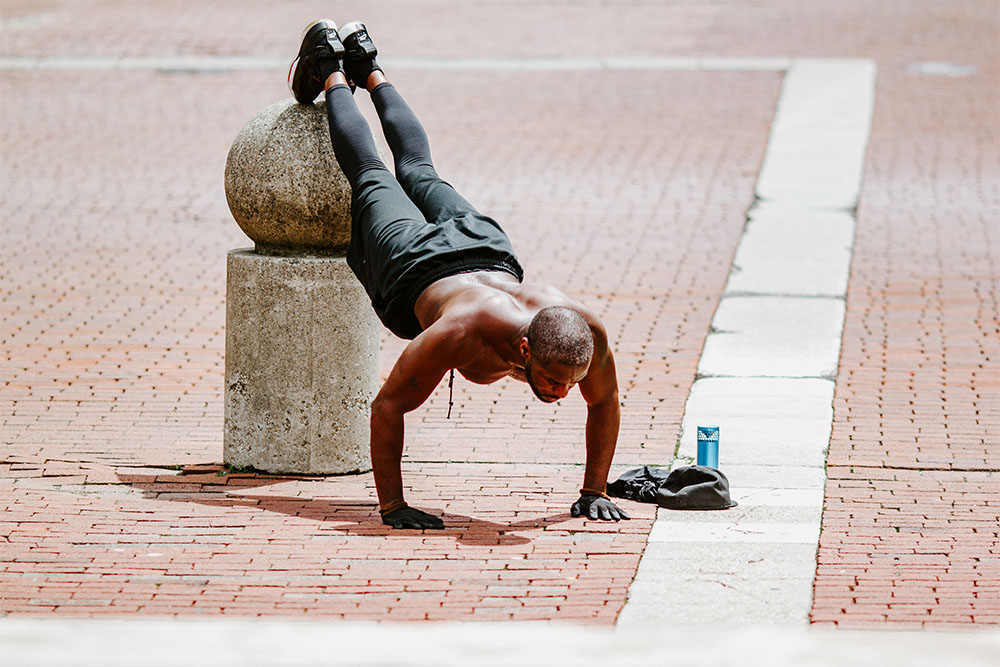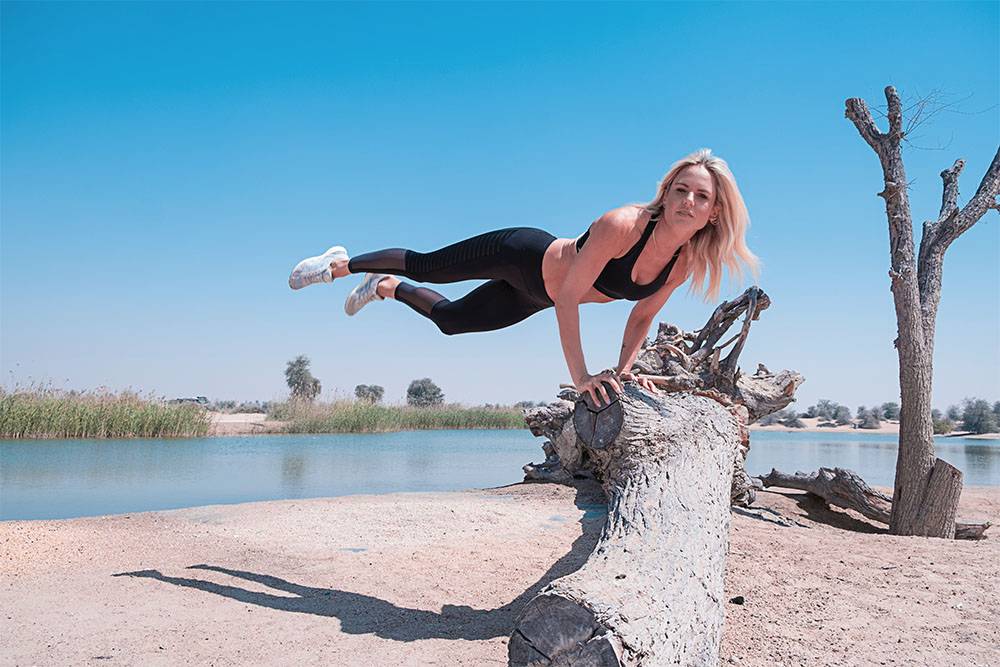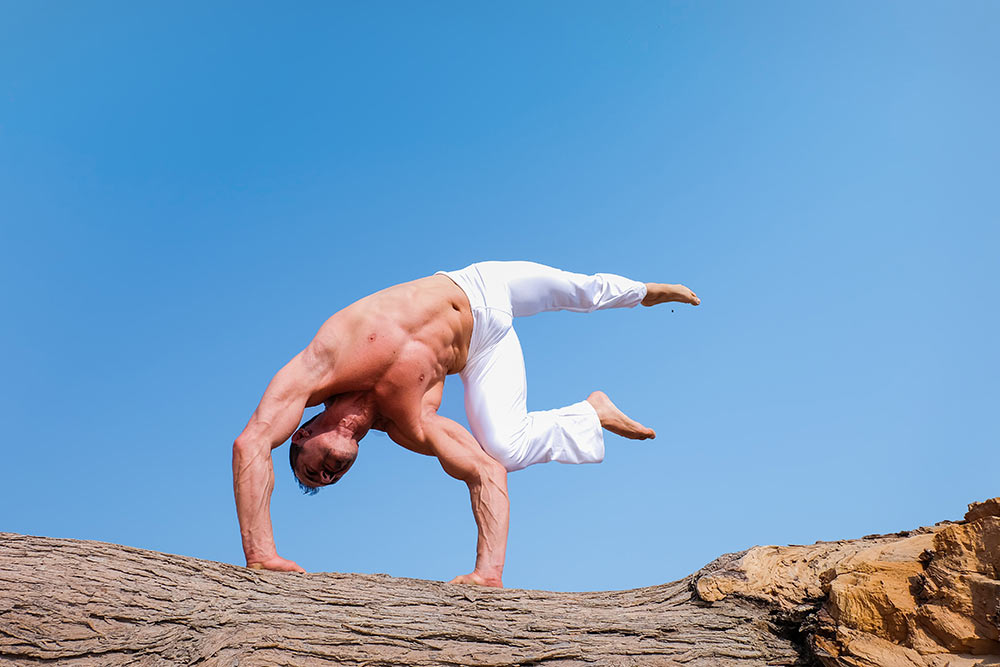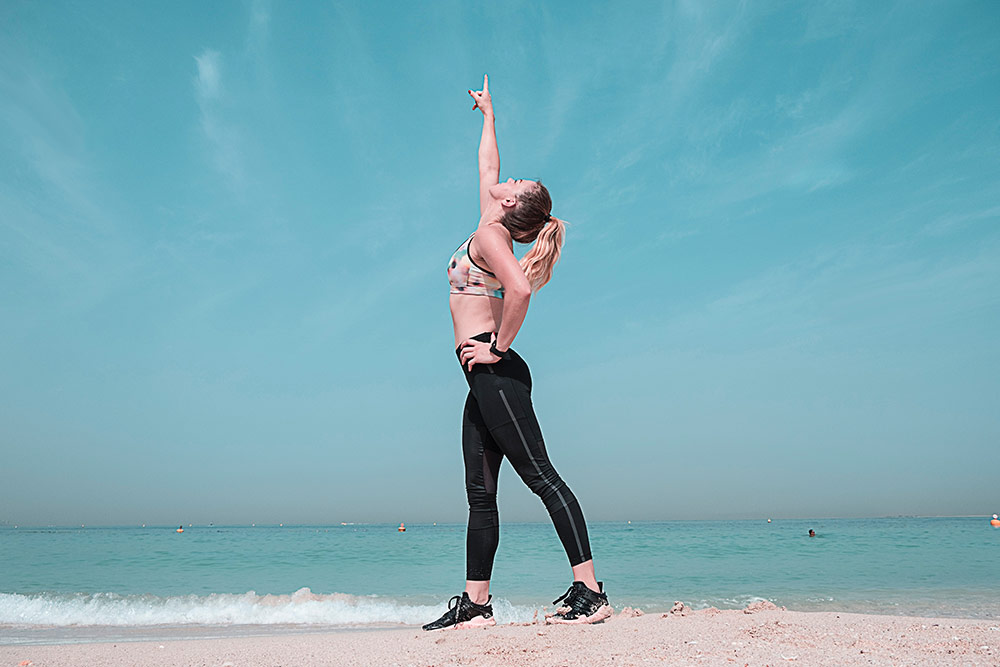How Prolonging Your Athletic Career Impacts Longevity
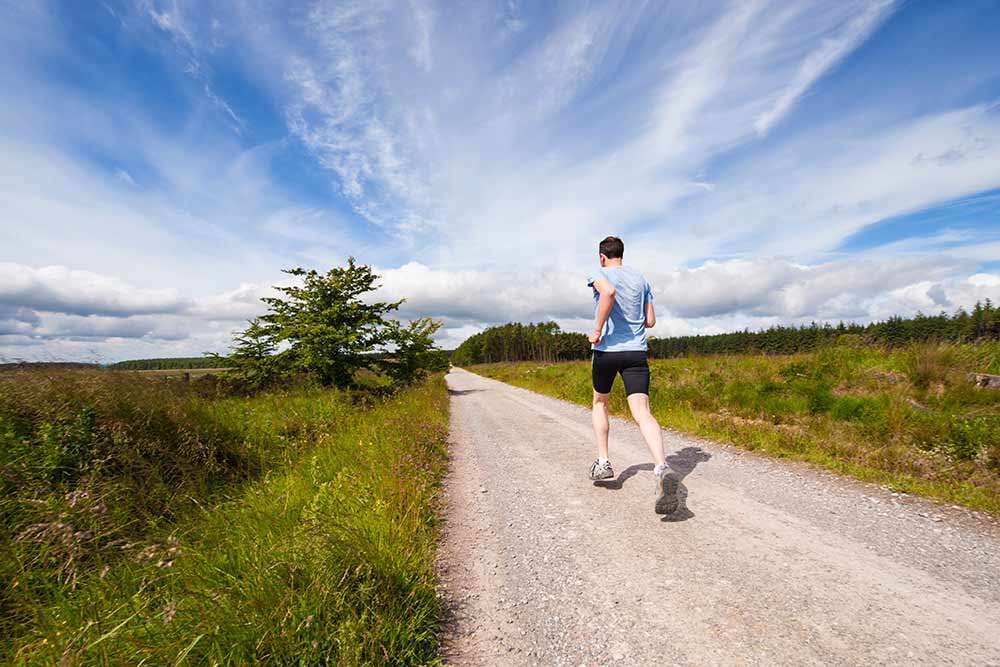
Evan Stevens
Athletes are put under a microscope from the moment they take their first steps into the limelight. Statistics track their every move, from strict performance metrics such as save percentages, shots on goal, goals, and assists, strength metrics, personal bests, and win percentages, to more personal metrics including diet, sleep, training volumes, and daily activities as well as everything which may lie in between. We know the exact length of their careers, how they performed every time they went to bat, went to the free throw line, raced a 200m, or time trialed a 40km. Even their development process has become a key aspect that people pay attention to. Yet once careers end, we stop paying attention.
The microcosm of an athlete’s career, which is so well defined, disappears after retirement. What happens to athletes after they stop competing at a high level and after they stop training? Our understanding of an athlete’s lifespan and quality of life after their athletic careers are limited compared to the data we have about their professional life.
We know that training at high intensities and consistently working hard improve healthy aging outcomes and reduces many of the negative consequences of aging. Yet many athletes, who have competed and trained at high levels for years and sometimes decades, seem to stop altogether once they retire. Sudden lack of motivation (no need to compete), mental and physical fatigue (the thought that they worked hard for so long that they can just relax now), and regular life catching up all seep their way into an athlete’s mind once they retire.
New research has shown that athletes who retire earlier than their peers may be at higher risk for early all-cause mortality when compared to athletes who prolong their careers for at least a year.
Athletes (generally) Live Longer
It should be noted that athletes tend to live longer than age and sex-matched individuals from the general population. A 2015 systematic review published in Sports Medicine sampled athletes who competed at an elite level in various sports including baseball, football, soccer, basketball, and cycling and discussed the longevity outcomes. The researchers found that elite athletes generally live longer, with a few exceptions. The review also found that athletes who competed at the highest echelons of their sport (e.g. Olympics) lived the longest even among their professional peers.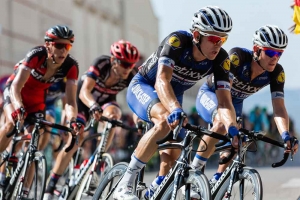
Another interesting finding from an article posted in the Scandinavian Journal of Medicine and Science in Sports found that athletes who debuted later and competed until later in their lives tended to live longer than even their elite peers.
- Prolonging a career by just one year prolonged lifespans by two to three years.
- On average, longer careers lead to increased lifespan by 4.8 years.
- Early career debuts decreased lifespan to be more in line with the general public if not slightly less than.
- Early career debuts in the MLB decreased life space by 7.78 years for example.
Related Article: Impact of Competitive Sports on Female Athletes
Sport, Energy System, and Position Matter
While athletes tend to live longer than the general public, there was wide variability between sports and even within sports when you look at the energy systems used in each sport and each position.
- Endurance and mixed sport (aerobic threshold types) athletes had the best outcomes for longevity when compared with speed-power athletes (anaerobic system – sorry sprinters).
- Cyclists who competed in the Tour de France increased their life expectancy by over 8 years when compared to the general population and the longer they cycled at a high level the greater the life expectancy.
- The position you play has a large role in longevity as well.
- Offensive linemen in the NFL had a 56% increase in mortality (especially from cardiovascular disease) compared to even the general public.
- Point guards in the NBA lived longer than any other position by 1.5 years on average
Endurance > Sprints?
Endurance athletes tended to live longer than their matched speed-power peers. Endurance sports (aerobic) imbue a number of physiological benefits which help overall health in the long term. While sprint work is excellent for fast, immediate health benefits, longer, consistent work, even at low intensities seems to have more benefits as we age. Aerobic energy system changes our circulatory and pulmonary system as well as our musculature and metabolic system when compared to the metabolic and skeletal muscle changes seen in speed-power type sports. Endurance work decreases resting heart rate, increases stroke volume and blood plasma volume, increases mitochondrial size and number, improves the ability to burn fat and glycogen stores, and increases your oxygen carrying capacity and the release of human growth hormone when compared to sprinters.
Sprint work can help to increase stroke volume, the growth of capillaries, increased initial fat burn, and an improved immune system. However, long-term physiological changes were found to be more profound consistently in endurance athletes when compared to sprinters, especially when comparing athletes who ceased training after retirement (sprinters ‘lost’ their improvements faster than endurance athletes).
What should also be noted is that endurance athletes tend to debut later in life and/or maintain their careers longer than their speed-power peers. In the Olympics, the average age for the 100m sprinter is 23 and continues to increase as the distance goes up with the average age of a marathoner being 29. While athletes from the 100m to the marathon “peak” in their early twenties, distance athletes tend to have longer careers with career highlights coming later in life (women even more so).
This may have something to do with lower intensities being easier to maintain later in life. High-intensity anaerobic work is difficult, especially to do well. Our ability to sprint decreases as we age; muscle strength tends to go down even if we continually train. We can slow it, but there is no stopping it. Our aerobic capacity can be maintained better than our muscle strength, which is why distance athletes may have the edge in terms of length of career – it is easier to maintain.
Related Article: It’s Not Too Late to Become a Runner
But endurance work is boring and time-consuming
The easy argument to make is that distance work is too time-consuming. Not all of us have an hour to go for a run or half a day for that extra-long bike ride. Maybe we have the time but don’t have the mental strength to go for that long; slogging away at one pace is boring. Well, you always have HIIT workouts.
 While a lot of the research focuses on high-intensity interval training (HIIT), which may appear to be short bursts of exercise working the anaerobic system, true HIIT is an aerobic threshold workout. Repeated bouts at short rest intervals as hard as we can taxes our anaerobic system first, to be sure, but it cannot keep up with the demands of repeated bouts on short rest and has to rely on the aerobic system.
While a lot of the research focuses on high-intensity interval training (HIIT), which may appear to be short bursts of exercise working the anaerobic system, true HIIT is an aerobic threshold workout. Repeated bouts at short rest intervals as hard as we can taxes our anaerobic system first, to be sure, but it cannot keep up with the demands of repeated bouts on short rest and has to rely on the aerobic system.
What’s more interesting, however, is that intensity seems to have nothing to do with longevity. A mortality study of elite athletes showed that golfers and cyclists had the same longevity outcomes. This may be because golf is an activity which can be played throughout the aging process and which is a possibly the biggest take-home point from elite athletes long careers – the more active we are as we get older, the better outcomes we are going to see.
But I’m not an elite athlete!
So elite athletes seem to live longer than us. That’s nice but how does being at the pinnacle of performance and dedicating your life to a single sport relate to you or me, slogging away in the trenches of sporting mediocrity? Simple; just think elite.
You don’t have to be the best athlete in the world to think and behave like the best. Elite athletes train for hours a day but there are other things they do too. Athletes have ingrained their sport and everything around it into their routine, creating a habit and a behavior out of a particular lifestyle.
The lifestyle of an elite may have a little more exercise and training than we need, but they also watch what they eat, take the time needed to recover from workouts, and maintain a healthy sleep schedule, all of which we know are important to lead long healthy lives.
Another important fact to consider is that it is never too late to start. While it may be too late to be elite, we have countless amounts of data and articles which show that starting consistent exercise at any age can have vastly improved benefits on longevity than retiring and taking it easy. Athletes who maintained some level of fitness even into their 80s had improved mobility, immunity, muscle tone, and cognitive function than sedentary age-matched peers one study found. However, these were no different than individuals who had not been elite athletes but maintained a level of fitness throughout their lives.
An active, healthy lifestyle seems to be the key.
Related Article: Vigorous Exercise May Prevent Predisposed Diabetes
Take Home Points
- Elite athletes generally live longer than anyone else.
- Starting an elite career later and maintaining for as long as possible leads to the greatest improvements in longevity.
- Endurance and lower intensity sports athletes seem to have the greatest longevity outcomes.
- Golf is just as good as cycling in terms of longevity.
- What matters most is how long and how consistent you participate as you age.
- It is never too late to start and you don’t have to be an elite athlete to get the benefits of being an elite athlete.
- Start by thinking elite:
- Eat
- Sleep
- Recover
- Exercise
- Traditional aerobic exercise, not your thing? Try HIIT
- Start by thinking elite:
Citations
Lee-Heidenreich, J., Lee-Heidenreich, D. and Myers, J. (2017). Differences in life expectancy between Olympic high jumpers, discus throwers, marathon and 100-meter runners. BMC Sports Science, Medicine and Rehabilitation, 9(1).
Lemez, S. and Baker, J. (2015). Do Elite Athletes Live Longer? A Systematic Review of Mortality and Longevity in Elite Athletes. Sports Medicine – Open, 1(1).
Lemez, S., Wattie, N. and Baker, J. (2018). The end game: Mortality outcomes in North American professional athletes. Scandinavian Journal of Medicine & Science in Sports, 28(6), pp.1722-1730.
Patel, H., Alkhawam, H., Madanieh, R., Shah, N., Kosmas, C. and Vittorio, T. (2017). Aerobic vs anaerobic exercise training effects on the cardiovascular system. World Journal of Cardiology, 9(2), p.134.
You Might Like:

